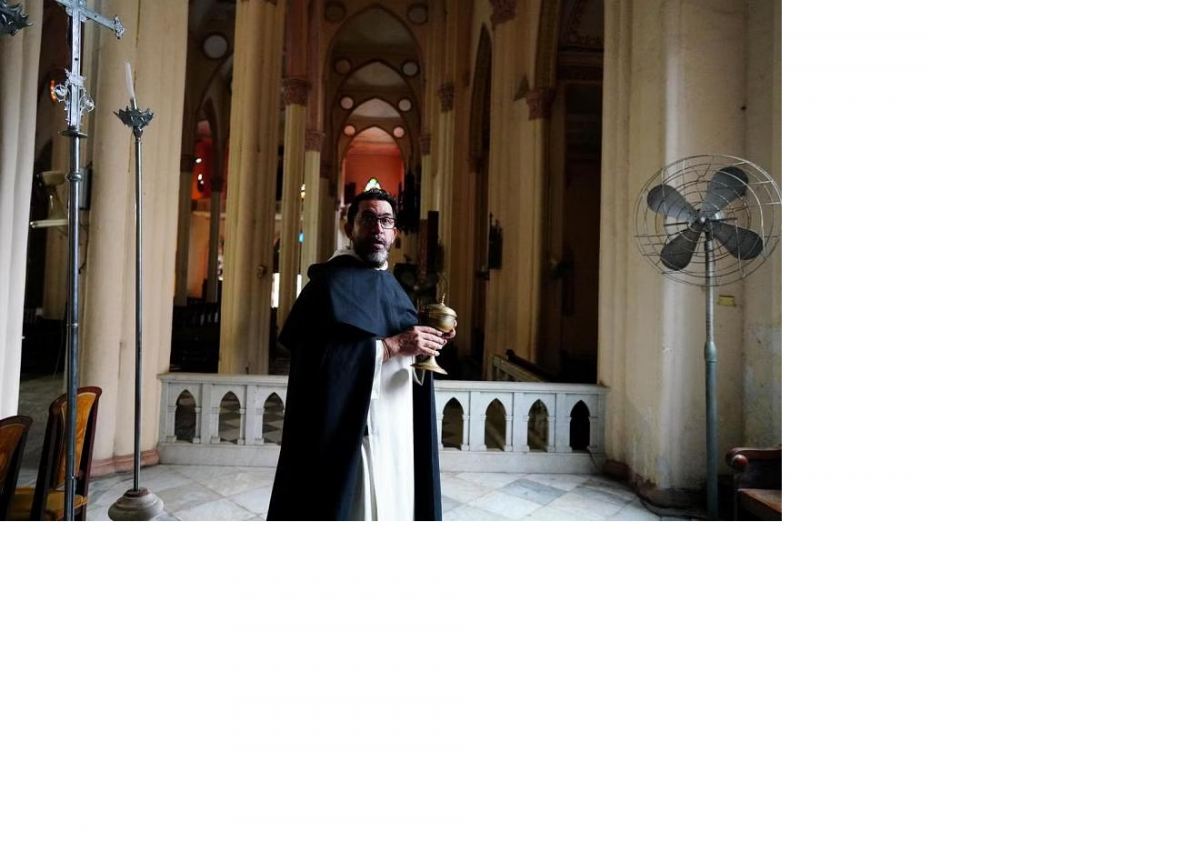HAVANA, (Reuters) – Cuban Roman Catholics held public processions across the Communist-run country yesterday to mark Good Friday, but there was at least one exception in Havana where 150 of the faithful were relegated to the church parking lot.
Father Lester Zayas Diaz, 45, pastor of Sacred Heart of Jesus Parish of Vedado, told Reuters the government denied his parish permission to hold the Holy Burial procession off church grounds to punish him for speaking openly in his often-fiery sermons, live streamed on Facebook, about hardships Cubans face.
“It is not possible today to introduce Jesus Christ without introducing to him a people who are having a hard time,” he said.
“It is impossible to talk about Jesus Christ without talking about children who today go to school without having breakfast,” Zayas said, adding the procession would go on, but in the Church parking lot, later witnessed by Reuters.
The Cuban government did not respond to a request for comment.
The Caribbean Island nation has been mired in crisis since the decade began with the population suffering blackouts, hyperinflation and shortages of food and other essential items.
Rising social tensions have led to more unrest than the island has seen since the 1959 revolution and mass migration mainly to the U.S.
The Cuban government largely blames U.S. sanctions for the crisis and U.S. subversion for the unrest, charges that Washington denies.
Ariel Suarez, secretary of Cuba’s Bishop’s Conference, said as far as he knew all processions were authorized, and said he had heard of Zayas’ “situation” which he termed “regrettable”.
“What I have heard from the government is that there are 111 authorized processions throughout the country,” he said.
For decades all religious holidays and processions were banned in Cuba, but that began to change with the visit of Pope John Paul ll in 1998, followed by his successors in the following years.
Christmas and then Good Friday were recognized as holidays and religious processions are now common.

